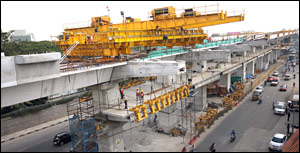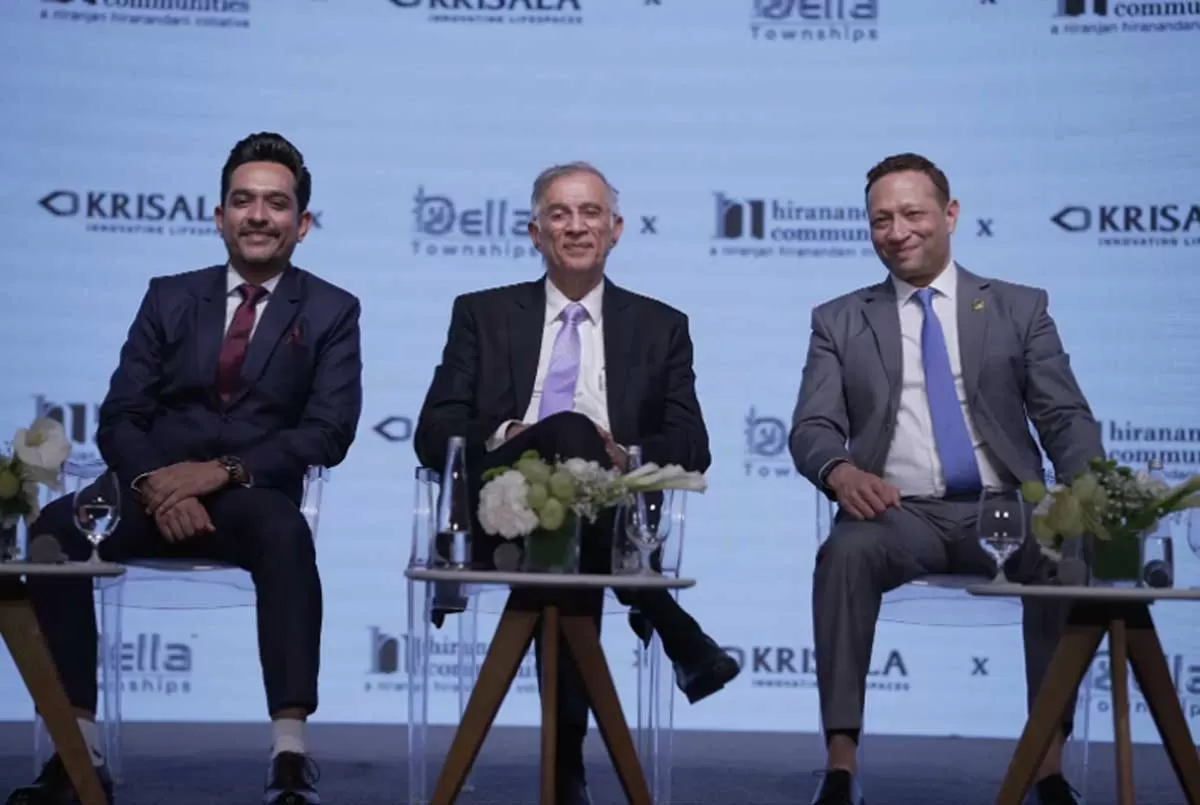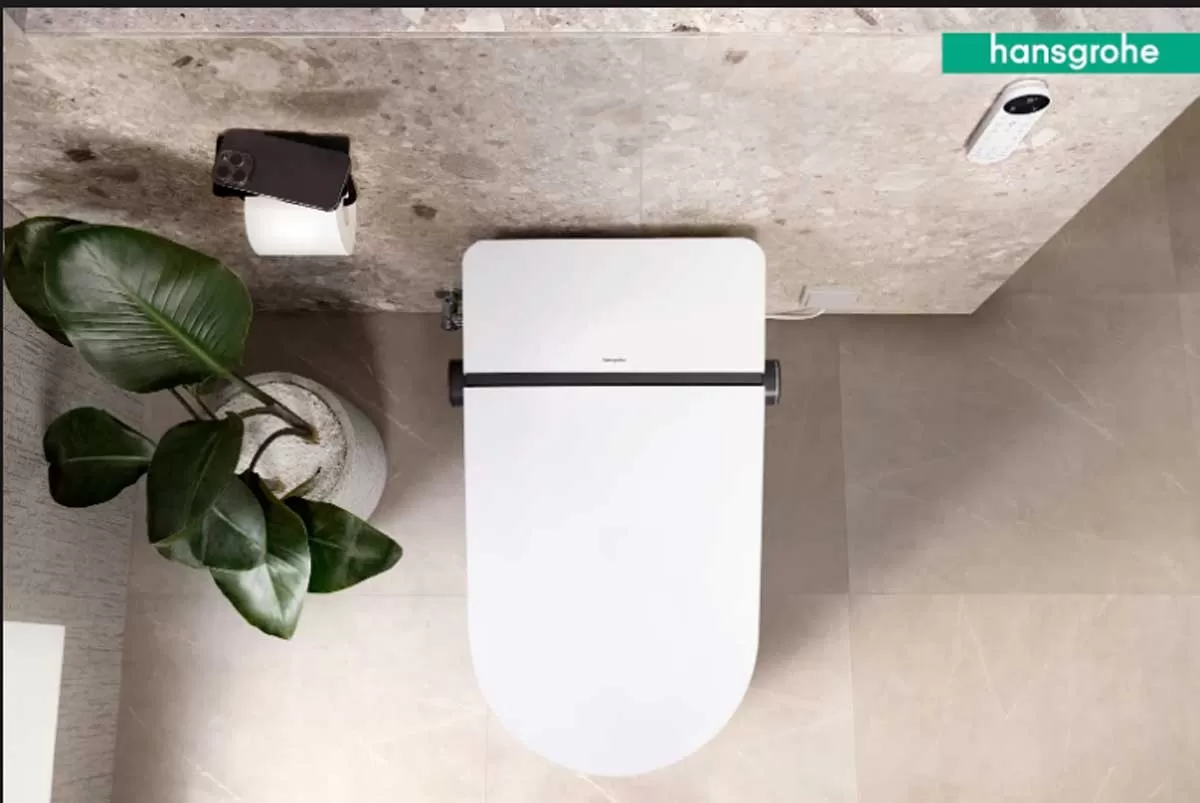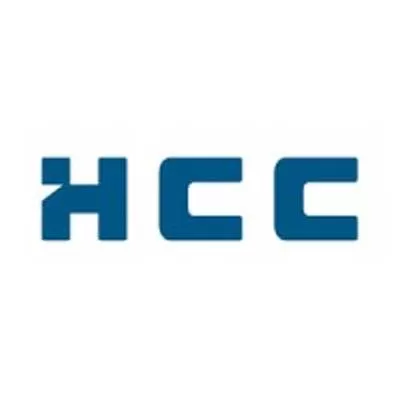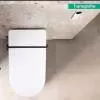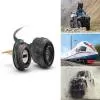Interlacing the city of Hyderabad is India’s largest PPP metro project - Hyderabad Metro Rail.
The Hyderabad Metro Rail Project crisscrosses the city to achieve its mission of transforming Hyderabad into one of India’s most preferred cities. The project comprises three corridors involving a construction of about 72 km of elevated metro rail. What’s more, eco-friendly elevated metro stations will be located at intervals of approximately 1 km.
Implemented by the Government of Andhra Pradesh on the Design, Build, Finance, Operate and Transfer format, the concession agreement was signed by the Special Purpose Vehicle, L&T Metro Rail (Hyderabad) Ltd, with the Government of Andhra Pradesh on September 4, 2010. Appointed date for the project was declared on July 5, 2012 and it is scheduled to be completed by 2017. “The total cost involved in the construction of this project is Rs 16,375 crore,” informs
VB Gadgil, Chief Executive & Managing Director, L&T Metro Rail (Hyderabad) Ltd. This includes viability gap funding of Rs 1,458 crore, equity of Rs 3,439 crore and debt of Rs 11,478 crore.
A sneak peekA green eco-friendly mode of travel, the Hyderabad Metro Rail Project has been designed to reduce carbon emission, fuel consumption and pollution. “This project integrates multi-modal public transportation system with urban spaces. It is an effort to transform Hyderabad into a people-friendly green city,” says Gadgil. The metro will help connect to major offices, retail and residential areas within a reduced travel time in ultra-modern coaches. Stations will be equipped with automatic ticket vending machines and fare collection systems, lifts, staircases and facilities for the disabled, and there will be feeder buses to the stations from different areas of the city.
Capabilities and challengesModern technologies in rolling stock, signalling, tracks and traction are being adopted by the L&T Metro. While future expansion plans along with upgradation based on the rise of ridership has been considered, the focus continues to remain on the life cycle cost, development of an efficient and lean organisation for O&M and building its capability in a structured manner. L&T Metro’s O&M model is similar to Hong Kong and other metros where Transit Orientation Development plays a significant role.
Along with its many capabilities, there are some major challenges involved in the construction, which include:
- Alignment fixation in a highly urbanised area (sharp curves gradients, etc).
- Technology selection - modern/latest vs proven.
- Long bridges and spans on junctions and railway crossings.
- Reliability, availability, maintainability and safety.
- Obsolescence management.
- Interface management between various systems (rolling stock, signalling, track and traction, etc) and civil works.
- Adaptation or modifications to designs to suit unknown utilities and other obstructions.
- Availability of technically trained manpower.
Techno-advantageTo ensure better ride comfort for the passengers, reduced rail and wheel wear, less loading on the viaduct and higher productivity in track installation, several technical features have been incorporated in this project. First, to reduce the energy requirement from the grid, the trains will be equipped with Regenerative Electric Braking, thereby converting the momentum into electrical energy and feeding back to the power supply system while braking. Moreover, the advanced signalling and train control technology, Communication Based Train Control, is being adopted, making Hyderabad Metro the first in India to use this technology. Also, after its usage in the Chennai Metro, the Track Master technique is being used in this project - only the second time in India - to check the parameters of the track and quality of track installation. In addition, the track design is based on a simulation study which, prior to the track design, determines the probable speed of the train in a particular stretch.
Metros and mass rapid transport systems are emerging as a major area for infrastructure development in major cities with a population of close to 8 million. Amid such developments, the Hyderabad Metro Project is a project to watch!
The PlanCorridor No.I | Details | No.of Stations |
|---|
Corridor I | Miyapur-LB Nagar | 27 |
Stage 2 | Miyapur to SR Nagar | |
Stage 5 | SR Nagar to LB Nagar | |
Corrdior II | JBS to Falaknuma | 16 |
Stage 6 | JBS to Falaknuma | |
Corridor III | Nagole to Shilparamam | 23 |
Stage 1 | Nagole to Mettuguda | |
Stage 3 | Mettuguda to Begumpet | |
Stage 4 | Begumpet to Shilparamam | |
Project Details:- General Consultant: AECOM-Feedback Ventures Consortium
- Programme Manager: Parsons Brinckerhoff
- O&M Contractor: Keolis
- Independent Safety & RAMS Accessor: Halcrow
- Consultant for Carbon Credit: Ernst & Young
- Design & Traffic Consultant: L&T Ramboll
- Detailed Engineering: L&T Construction
- Traffic Management: Skyline Archon (Hyd) Pvt Ltd
- Independent Engineering Consultant (appointed by L&T Metro, Hyderabad Metro Rail Ltd and the Government of Andhra Pradesh): Louis Berger
